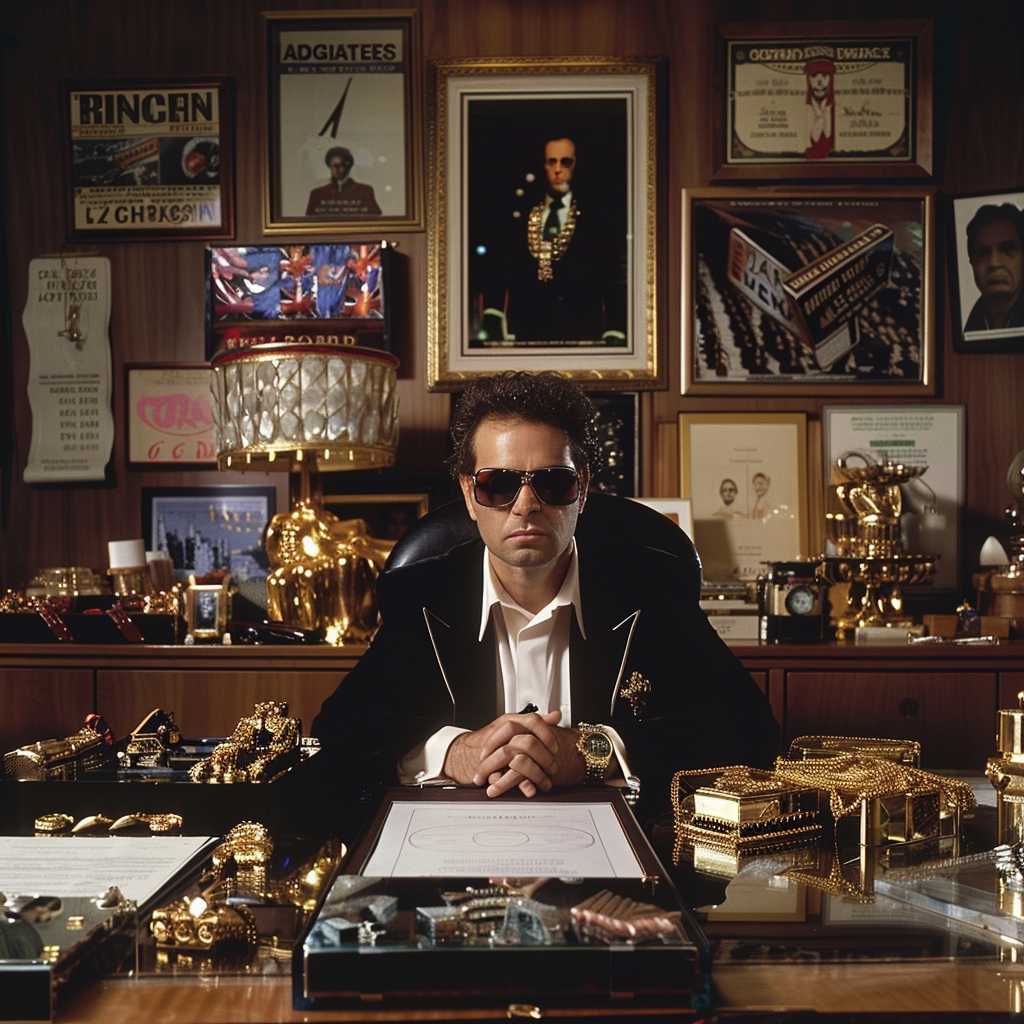The Rise and Controversies of Andrew Tate
Andrew Tate, a figure who has surged in popularity on social media platforms, exemplifies a modern phenomenon of public figures polarizing audiences with their statements and personalities. Emory Andrew Tate III initially gained fame through kickboxing and reality television before ascending as an internet celebrity recognized for his controversial takes on wealth, masculinity, and lifestyle choices.
Early Life and Career Beginnings
Born in Washington D.C. in 1986, Tate’s family relocated to the United Kingdom when he was a child. Tate has a background as a professional kickboxer where he achieved considerable success, winning world championship titles. However, it was his appearance on the reality TV show ‘Big Brother’ in 2016 that provided him the exposure to a broader audience. Despite his subsequent removal from the show due to controversy surrounding statements made outside of the house, this event catalyzed his growth into an internet presence.
Entrepreneurial Ventures and Online Influence
In the past few years, Andrew Tate has shifted from athletics and entertainment to positioning himself as a self-help guru and business entrepreneur. He promotes courses on making money online, champions a lavish lifestyle filled with luxury cars and designer clothing, and contributes regularly to podcasts and internet shows where he offers advice on varying topics of success, relationships, and lifestyle choices.
Tate’s online persona is characterized by a hyper-masculine rhetoric and often contentious viewpoints that have contributed to his viral status—some of which have lead to backlash alleging misogyny and the promotion of toxic masculinity. He runs an online platform called “Hustler’s University,” where he claims to teach subscribers different methods of acquiring wealth.
Social Media Presence and Bans
With rising prominence across several social media platforms—most notably Twitter, Instagram, YouTube, and TikTok—Tate accumulated millions of followers drawn to his brash confidence and opinions. It was this growing influence that increasingly attracted scrutiny from those platforms’ oversight bodies.
Public disputes surrounding his content escalated in the summer of 2022 when multiple platforms decided to permanently ban Andrew Tate from their services citing policy violations regarding hateful conduct. His posts were frequently criticized for perpetuating negative stereotypes and unhealthy perceptions regarding gender roles, exerting vast influence especially among young males. This decision by major social media companies highlighted the complexities involved in balancing free speech with preventions against the spread of harmful ideology.
Impact on Popular Culture
Andrew Tate’s flashy persona extends well beyond social media metrics. His influence has permeated discussions about male identity in the digital age, with supporters lauding his words as candid talks necessary in societies they perceive as emasculating men. Yet an equally vocal opposition accuses him of perpetuating harmful myths about gender dynamics and exploiting vulnerable individuals seeking direction.
Amidst the polarized reception, educators, psychologists, and parents expressed concerns over his messages affecting impressionable youth. Some schools reported interventions to address pupils citing Tate as a role model after internalizing his confrontational stances on men’s roles in society.
Tate has become something of a cultural touchstone for debates about the responsibility internet influencers have toward their audiences and the reach of their messages. Whether castigated or celebrated, Andrew Tate embodies one focal point for contemporary arguments about influence, aspirations, identity politics, and ethics in media consumption.

